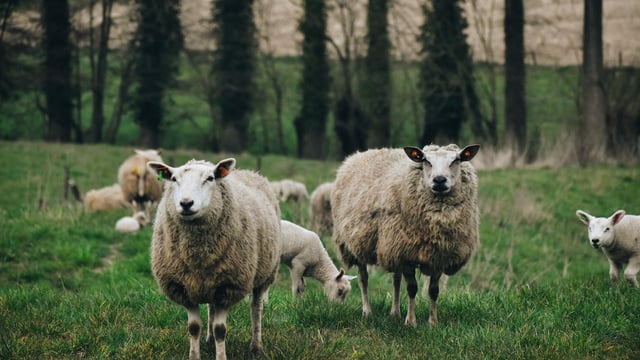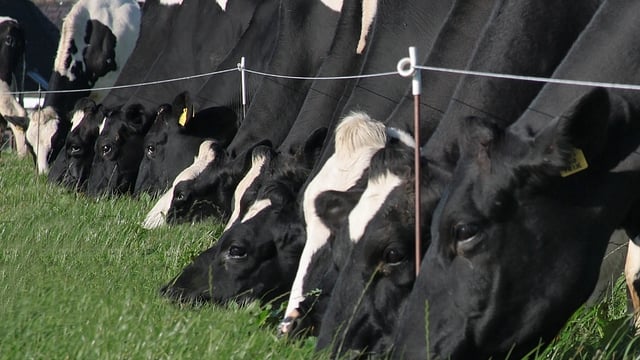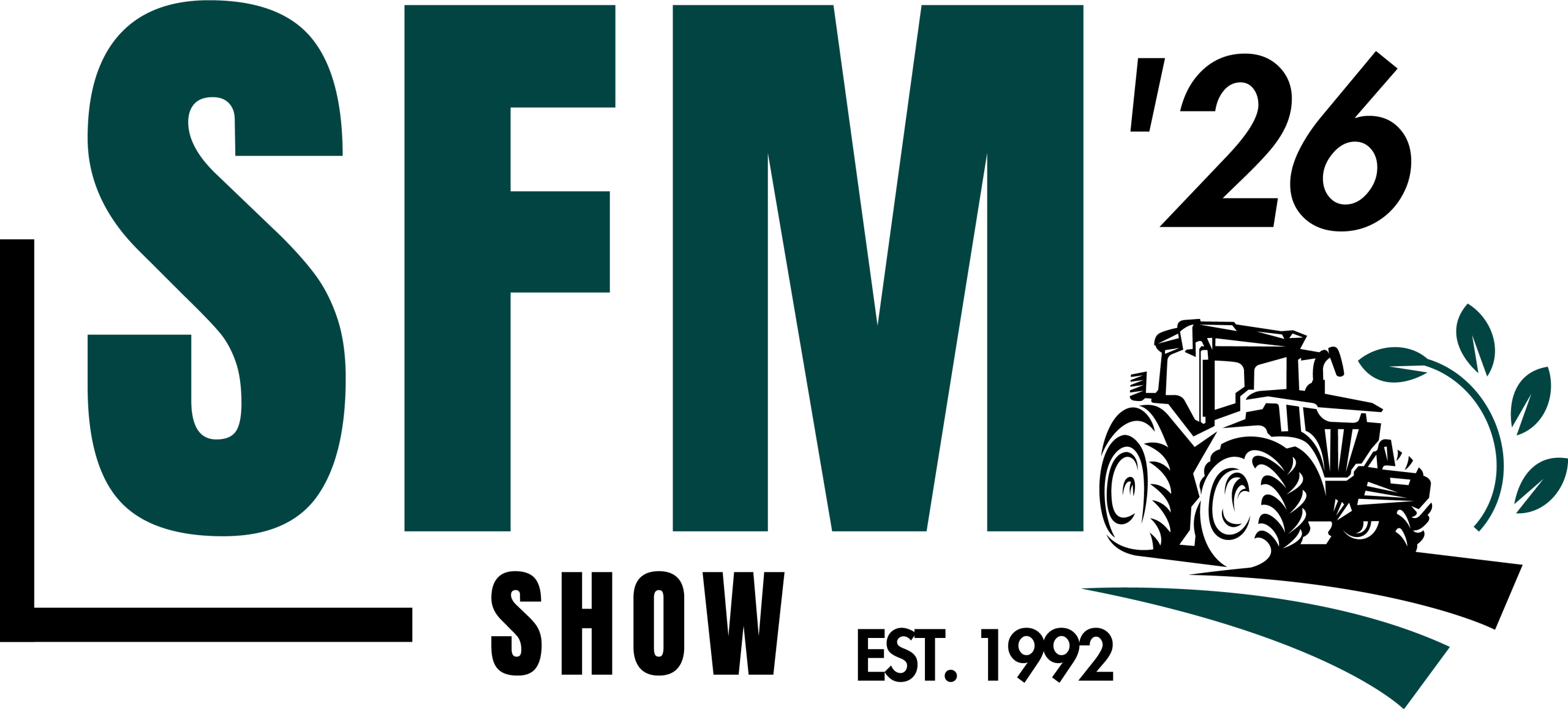What is the latest move by the EU in relation to deforestation?
The European Commission has proposed targeted solutions to support companies, global stakeholders, third countries and member states to ensure a smooth implementation of the EU Deforestation Regulation (EUDR).
The commission wants to make sure that the IT system is fully operational to address the EU's contribution to the global challenge of deforestation.
At the same time, the proposal will supposedly simplify reporting obligations, notably for micro and small primary operators from low risk countries worldwide, while maintaining a robust tracking mechanism.
Key measures
Taking into account feedback from stakeholders, the commission proposal introduces targeted simplifications to reduce obligations for:
- Operators and traders that commercialise the relevant EUDR products once they have been placed on the EU market. These can be, for example, retailers or large EU manufacturing companies. These companies are in the downstream part of the relevant value chains. The upstream operator will continue to exercise due diligence;
- Micro and small primary operators from low-risk countries worldwide who sell their goods directly on the European market. These cover close to 100% of farmers and foresters in the EU.
To allow for a more efficient use of the IT system, the commission proposes that downstream operators and traders should no longer be obliged to submit due diligence statements.
With this streamlining, only one submission in the EUDR IT system at the entry point in the market will be required for the entire supply chain.
The reporting obligations and the responsibility would be focused on the operators placing first the products on the market.
E.g., cocoa beans would need only one due diligence statement to be submitted by the importer placing them on the EU market, but downstream manufacturers of chocolate products will not be required to submit a new due diligence statement in the IT system.
With the simplification proposed, micro and small primary operators would only submit a simple, one-off declaration in the EUDR IT system.
When the information is already available, for instance in a member state database, the operators do not have to take any action in the IT system themselves.
This simplification replaces the previous need for regular submissions of due diligence statements.
Transitional period
The commission is also proposing transitional periods to guarantee a smooth transition and strengthen the IT system.
This means that the EUDR will enter into application on December 30, 2026 for micro- and small enterprises.
For large and medium companies, the date remains December 30, 2025 but to ensure a gradual phase-in of the rules, they will have a grace period of six months for checks and enforcement.
The commission has been deploying the IT system in cooperation with stakeholders since its launch in December 2024.
The European Parliament and the Council will now discuss the commission's proposal. They would need to formally adopt the targeted amendment of the EU Deforestation Regulation before it can come into effect.
Commissioner for Environment, Water Resilience and a Competitive Circular Economy, Jessika Roswall said: "We are presenting a package that responds to real implementation challenges.
"It simplifies the rules notably for small farmers and operators, while maintaining Europe’s global leadership in the fight against deforestation.
"It is not about lowering the ambition, it’s about making the rules work in a better and smarter way because effective implementation matters."
Deforestation
The EU Deforestation Regulation aims to ensure that a set of key goods placed on the EU market will no longer contribute to deforestation and forest degradation in the EU and elsewhere in the world.
According to the commission, deforestation and forest degradation are important drivers of climate change and biodiversity loss.
The Food and Agriculture Organization of the United Nations (FAO) estimates that 420 million hectares of forest - an area larger than the European Union - were lost to deforestation between 1990 and 2020.





